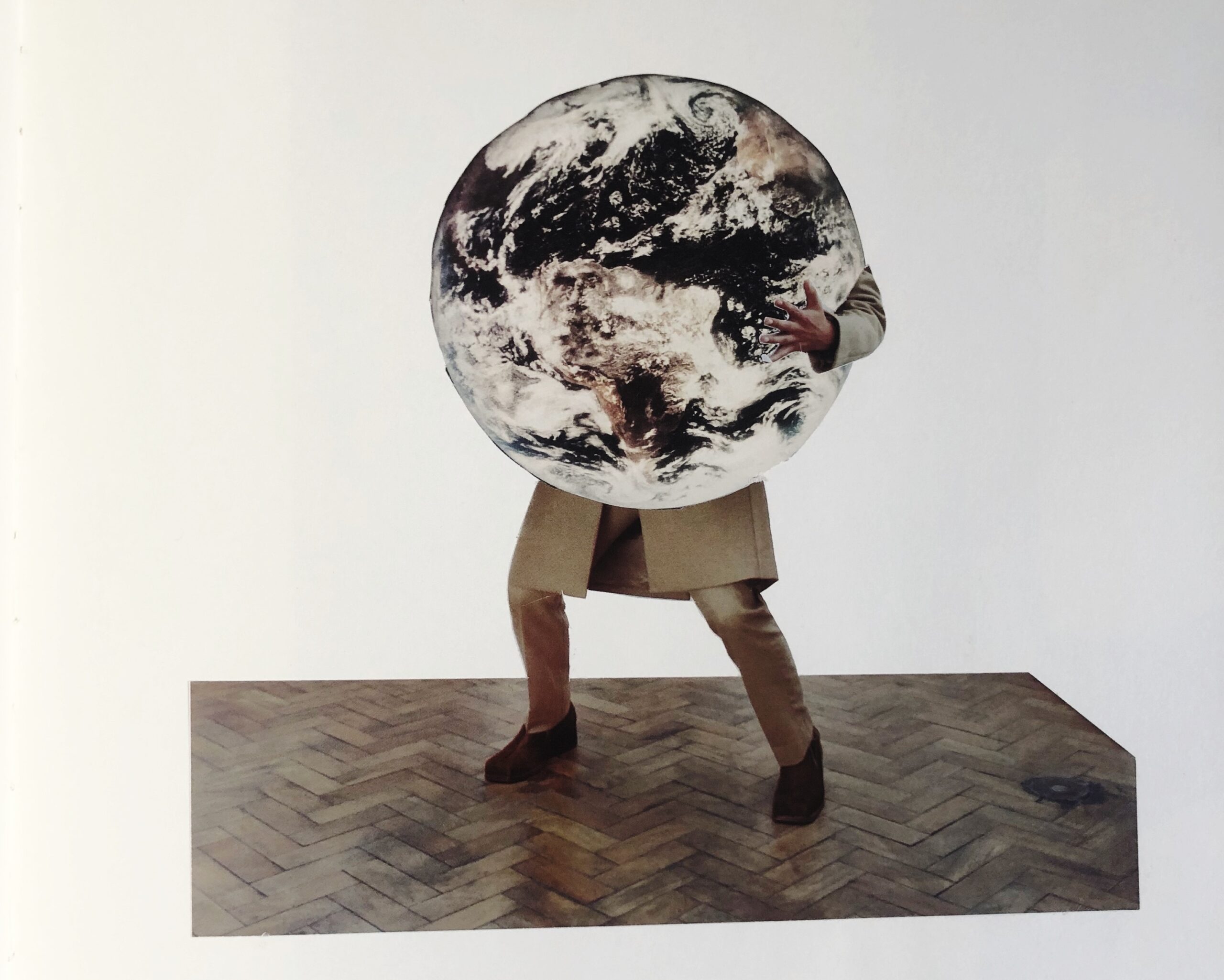I listened to a US news podcast last week, as they were reporting on a July heatwave in the UK. A journalist repeatedly talked about how dangerous the record temperatures are for Europeans because of the lack of ACs. Despite it being noted by the end of the program that air conditioning only adds to the climate catastrophe and is by no means an answer to high temperatures, it left me with an unnerving impression that we still have a long way to go on how to communicating about the climate catastrophe we are facing.
There is a noticeable shift in reporting on climate change though (at least on some media platforms), so the concept of climate change starts to feel less abstract. The impact on our everyday lives finally becomes clear and we can see that the heat waves, fires, and flooding, which are reported on as we speak, are a direct consequence of climate change. National Parks in the Czech Republic are burning as well as Yosemite, and the weather temperature in the UK just hit the record 41 degrees C last week causing fires that started across the country. We already know that only last year global wildfires released more carbon into the atmosphere than any country in the world but US and China, with wildfires being the third biggest emitter. It is not hard to fall into despair.
To calm me down, I listened to Sarah’s Wilson podcast, Wild, in which she often tackles difficult and complex topics, but somehow manages to find, what she calls, the sweet spot between hope, alarmism, and realism. In one of the more recent episodes, she speaks to climate journalist David Wallace-Wells, the author of The Uninhabitable Earth (⭐️⭐️⭐️⭐️⭐️) a book on climate catastrophe I read a couple of years ago. On the podcast, Sarah and David speak about what has changed over the last five years since he published The Uninhabitable Earth essay, and whether he was right to make people panic over climate. Despite a greater climate change awareness, implementation and enforcement of legislations that aim to reduce emissions and improve energy efficiency on a significant scale have been proven too slow. We are still highly dependent on dirty energy. And even now, facing the consequences of The War in Ukraine and Europe’s energy crisis, it doesn’t look like there is a plan to follow towards a better future.
If now is not the time for us to move away from fossil fuels, which make us dependent on dictators and autocrats like Putin, then when? Still, and this is only one example, the Polish government, which in 2016 stalled wind farm development (now reversing those rules) is now desperately making another short-sighted decision and announcing measures to subsidize coal for households, even though we know that ten million people die each year from the repeated inhalation of smog.
In The Uninhabitable Earth, both the book and the essay, Wallace-Wells doesn’t beat around the bush. Already in the title, is he clear what awaits us if the fundamental and profound reorientation of our social and political priorities don’t happen.
Wallace-Wells heavily supported by research goes through the consequences of global warming and describes how different parts of the globe will be disturbed in 10, 20, and 80 years’ time if the average temperature rises by 2, 4, and 7 decease celsius. He simply connects the dots to help the reader understand the processes related to climate catastrophy. Chapter by chapter, he covers examples of impending disasters.
Consequences of climate change are not only weather-related but are also associated with our health, such as chronic kidney diseases related to dehydration, or increased deaths during heat waves from heart attacks and respiratory conditions. Water and food shortages already contribute to armed conflicts (Syria, Lebanon), and diseases relocate together with the parasites as it gets hotter e.g. mosquitos – Malaria, ticks – Lyme disease. The increasingly severe smog suffocates millions and in 2013, was responsible for a third of all deaths in China. In fact, air pollution is so pervasive that there isn’t a measure of well-being that is not affected by it. None of us is breathing safe air.
When I first read the book, I found it terrifying but it helped me understand the scale of the changes and some of the possible scenarios we are facing. I wish everyone would talk about climate change as David Wallace-Wells does, that is clearly, methodically, and effectively. Reading it totally changed my perspective. I can’t unsee the consequences of the devastation of our planet that this book describes so vividly.
We all have this incredible capacity to normalize even the most drastic events. I’m sure we will soon forget about how we felt during the 41 degrees celsius heatwave and we will quickly get used to much higher energy bills. But it is clear that ignoring what is happening is just stupid. As Wallace-Wells explains, we already have all the tools necessary to stop our extinction, but we are still not determined enough to use them on a scale big enough to save ourselves.
